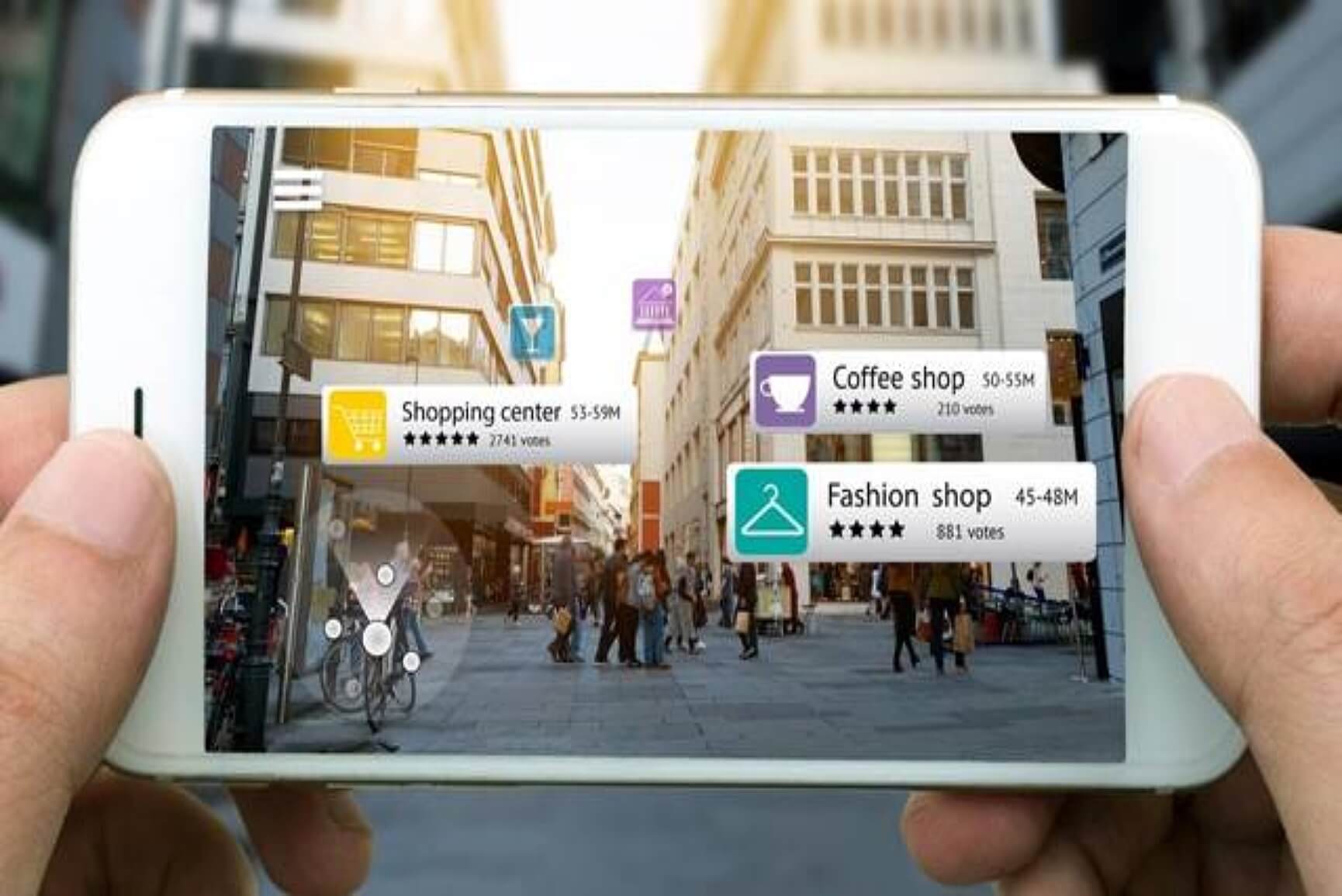
Companies are adopting the emerging ecommerce trends to boost sales with the help of artificial intelligence, augmented reality, voice search and making it easier for the consumers to shop online with one touch and with a better experience.
Expected growth of ecommerce business in next three years
| Worldwide ecommerce sale in dollars | Year |
|---|---|
| 6.54 trillion U.S Dollars | 2023 |
| 5.69 trillion U.S Dollars | 2022 |
| 4.9 trillion U.S Dollars | 2021 |
| 4.13 trillion U.S Dollars | 2020 |
| 3.46 trillion U.S Dollars | 2019 |
New studies show that worldwide retail ecommerce sales will reach a new high by 2021. There is a possibility of ecommerce businesses to anticipate a 265% growth rate, from $1.3 trillion in 2014 to $4.9 trillion in 2021. This shows a future of steady upward trend with no signs of decline in the Ecommerce business.
Apparel and accessories retail e-commerce in the U.S. is projected to generate 6.54 trillion U.S. dollars in revenue by 2023.
Why is ecommerce becoming important?
Selling products online has become less costlier than offline. Ecommerce is therefore important as it reduces the variable cost, fixed cost unlike the traditional methods. With the help of the ecommerce business, you can sell your products easily as it needs less capital for the startup as compared to offline business. Consumers are moving to online shopping as the low cost products and services attract them the most and ecommerce provides that.
More and more traffic is generated as the mobile adaptivity has increased. People these days choose online shopping as it saves time and also they get notified for the exclusive deals. The one-touch purchase has caused the exponential growth in ecommerce.
Some ecommerce growth trends which will emerge in future:
- Ecommerce retail sales growth – $4.9 trillion by 2022
- Omnichannel Shopping
- Voice Search
- Artificial Intelligence
- Green Consumerism
- Augmented Reality
-
Global ecommerce retail sales to hit more than $4.9 trillion by 2022:
New studies show that worldwide retail ecommerce sales will reach a new high by 2022. In the US alone, ecommerce represents over 10% of retail sales and that number is expected to grow by nearly 15% each year whereas in 2019, retail e-commerce sales worldwide amounted to $3.53 trillion and e-retail revenues are projected to grow to $6.54 trillion in 2022. Online shopping is one of the most popular online activities worldwide and it is expected to grow in the coming years.
-
Omnichannel Shopping:
Omnichannel shopping (multi channel) will become more frequent. Omnichannel shopping means decoding what, where, when, why and how people are purchasing the products you sell on a particular channel.
Omnichannel is a strategy that most companies use to improve their user experience and drive better relationships with their audience across points of contact.
Omnichannel involves integrating each touch-point to offer the customer exactly what they need, when they need it, anywhere they are and on any device. What’s important is executing in both the digital and physical worlds simultaneously.
-
Voice Search:
Voice search online shopping is going to be one of the most preferred shopping ways.
This trend seems much more modern than others, also it will save time which excites the customers the most. It will be more personalized and will encourage the customers to repeat purchases. Voice search will make recording and will help the customers to repurchase the products without any hustle.
Amazon has already planned to start it with Alexa. In this virtual assistants will organize whatever you will voice and add to the basket.
-
Artificial Intelligence:
Artificial agents and chatbots are designed to stimulate the conversation with the customers to help them resolve their issues especially over the internet.
Apart from product recommendations, artificial intelligence in the ecommerce industry will be utilized by online retailers for providing chatbot services, analysing customer comments, and for providing personalized services to online shoppers.
The use of artificial intelligence in online shopping is transforming the ecommerce industry by predicting shopping patterns based on the products that shoppers buy and when they buy them, the company will send them personalized offers on chatbots.
-
Green Consumerism:
Environmental topics will influence the buyers. Current analysis on ecommerce evaluates the influence of environmental concern in people’s retail buying behavior of green products. Consumers are more likely to buy socially responsible products when they believe their actions can help resolve social or environmental issues, or they value group goals and sharing and this is more likely to grow in upcoming years. The demand for recycled products or eco-friendly products will rise.
-
Augmented Reality:
By 2022 over 120,000 stores will be using Augmented Reality (AR) technologies to offer a much richer buying experience. Several retail brands allow users to virtually try on eyewear or wristwatches and make an informed purchase decision from the comfort of their home instead of physically going to the store to try them out and this will boom in the upcoming years for the ecommerce industry.
The lack of a physical in-store experience is a major reason that many shoppers prefer to shop offline and visit stores but with Augmented Reality paving the way in eCommerce, brands can offer shoppers an intuitive and almost life-like shopping experience online. This will create a real life experience for the customers and the rate of repurchasing will increase.
Latest Posts
Categories
- Business
- E-Commerce
- Emerging Technologies
- Facility Management
- Influencers
- Intellectual
- Marketing
- Mobile Development
- Personal
- Sales Management
- Search Engine Marketing
- Social Media
- Software
- Spiritual
- Web Layout



